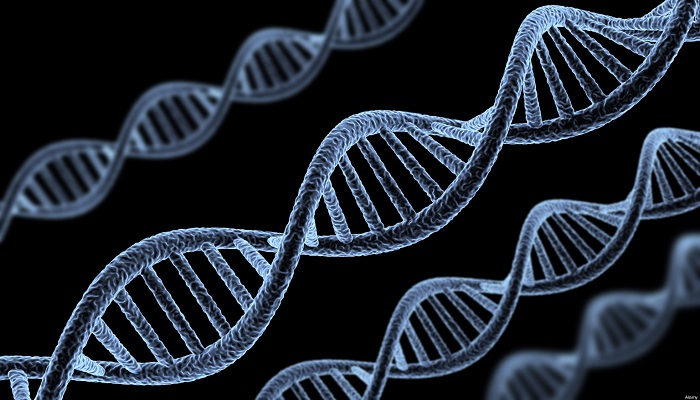
Using the genome-editing technology CRISPR, scientists have deactivated a family of retroviruses within the pig genome making it possible for them to donate organs to humans.
Transplantation from one species to another — xenotransplantation — holds “great promise,” the American and Chinese research team believes.
“Porcine organs are considered favorable resources for — xenotransplantation– since they are similar to human organs in size and function, and can be bred in large numbers,” they wrote in a study published Thursday in the Journal Science.
Retroviruses carry their genetic blueprint in the form of ribonucleic acid (or RNA) and transcribe this into deoxyribonucleic acid, commonly known as DNA. This is a reverse of the usual transcription process, which flows from DNA to RNA. The pig genome is known to carry Porcine Endogenous Retroviruses (or PERVs), which are capable of transmitting diseases, including cancers, into humans. The presence of these PERVs means pig organs cannot now be safely transplanted into humans.
But George Church of MIT’s Broad Institute and Harvard, Dong Niu of Zhejiang University and their colleagues demonstrated a new method for deactivating the retroviruses in a pig cell line, as a way to eliminate the transfer of PERVs to human cells.
Dr. Ian McConnell, professor of veterinary science at the University of Cambridge, sees the research as a “promising first step.” McConnell, who was not involved in the study, added that “Formidable obstacles remain in overcoming immunological rejection and physiological incompatibility of pig organs in humans.”
Though more research is needed, they believe that the “PERV-inactivated pig” can serve as a foundation strain that might be further engineered to “provide safe and effective organ and tissue resources” for transplantation into humans.

Post Your Comments